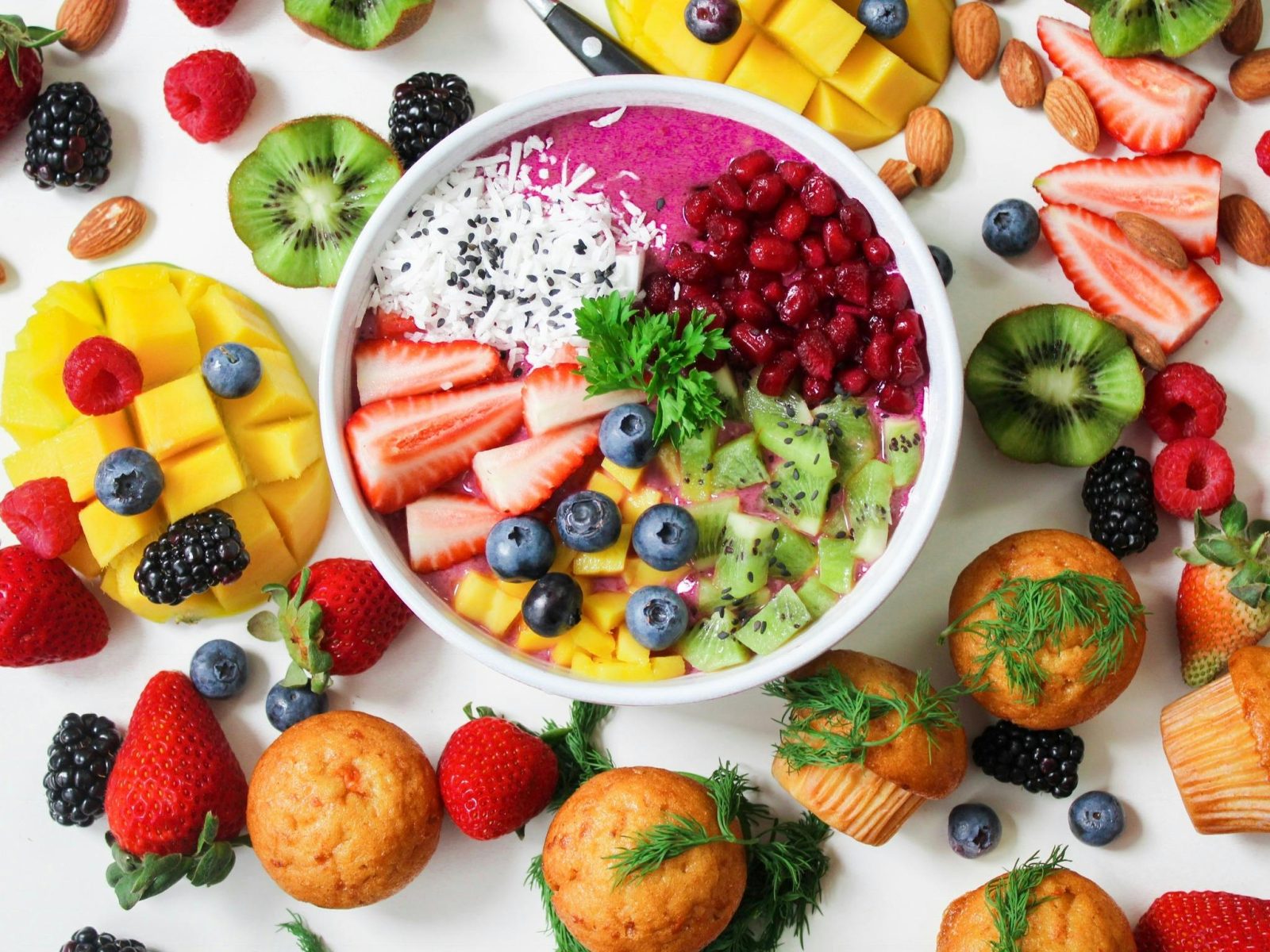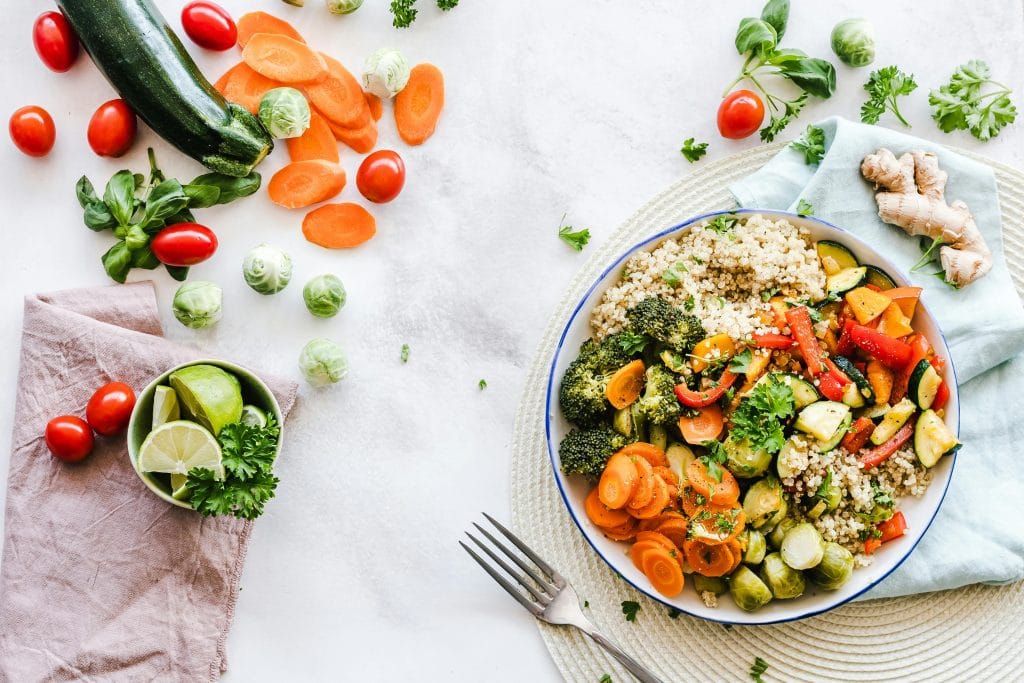The Gut-Skin Connection: The 1 Proven Way to Make Your Complexion Glow
What is the Gut-Skin connection?
Have you ever noticed how your skin seems to reflect your overall health? A glowing complexion can be a sign of good nutrition, while dull, acne-prone skin might indicate underlying issues. It’s no secret that diet plays a crucial role in maintaining healthy skin. In fact, the connection between your gut and your skin is more profound than you might think. So, let’s take a closer look at the gut-skin connection!
Understanding the Gut-Skin Axis
The “gut-skin axis” refers to the bidirectional communication between the gastrointestinal (GI) tract and the skin. Various factors, including the nervous system, hormones, and the immune system mediate this connection.
Here’s how it works:
- Microbiome Influence: Your gut is home to trillions of bacteria, collectively known as the microbiome. These bacteria play a vital role in digestion, immune function, and even skin health. When your gut microbiome is balanced, it can help regulate inflammation and support healthy skin barrier function.
- Immune System Regulation: The immune system is closely linked to both gut health and skin health. A healthy gut microbiome helps train the immune system to respond appropriately to both internal and external threats. When the immune system is out of balance, it can contribute to skin conditions like acne, eczema, and psoriasis.
- Hormonal Factors: Hormones produced in the gut can influence skin function. For example, imbalances in hormones like cortisol (the stress hormone) can lead to skin inflammation and breakouts.
The Impact of Diet on Skin Health aka The Gut-Skin Connection
Your diet directly affects the health of your gut and, consequently, your skin. Certain foods can nourish your gut microbiome, while others can disrupt its balance.

Foods that promote healthy skin:
- Probiotic-rich foods: Yogurt, kefir, sauerkraut, and kimchi are excellent sources of probiotics, which can help restore balance to your gut microbiome.
- Prebiotic-rich foods: Foods like onions, garlic, asparagus, and whole grains contain prebiotics, which act as fuel for beneficial gut bacteria.
- Omega-3 fatty acids: Found in fatty fish like salmon, mackerel, and sardines, omega-3 fatty acids have anti-inflammatory properties that can help reduce skin redness and irritation.
- Antioxidants: Fruits and vegetables rich in antioxidants, such as blueberries, spinach, and carrots, can protect your skin from damage caused by free radicals.
- Whole grains: Whole grains provide fiber, which is essential for gut health. They also contain B vitamins, which can help support healthy skin cell function.
Foods to limit or avoid:
- Processed foods: These foods are often high in unhealthy fats, added sugars, and artificial additives, which can disrupt gut health and contribute to skin problems.
- Refined carbohydrates: White bread, pasta, and white rice are refined carbohydrates that can spike blood sugar levels and contribute to inflammation.
- Dairy: While not everyone is lactose intolerant, dairy products can sometimes trigger acne or other skin issues.
- Excessive sugar: High sugar intake can lead to inflammation and imbalances in gut bacteria, thereby messing with your gut-skin connection.
- Alcohol: Excessive alcohol consumption can dehydrate the skin and contribute to inflammation.
Tips for Improving Your Gut-Skin Connection Through Diet
- Prioritize whole, unprocessed foods: Focus on eating a diet rich in fruits, vegetables, whole grains, lean proteins, and healthy fats.
- Hydrate adequately: Drink plenty of water to keep your skin hydrated and healthy.
- Manage stress: Stress can negatively impact both gut health and skin. Find healthy ways to manage stress, such as exercise, meditation, or yoga.
- Consider supplements: If you’re struggling with skin issues, you may want to talk to your doctor about taking supplements like probiotics or omega-3 fatty acids.
- Follow a Simple Skincare Routine: Complement your diet with a consistent and simple skincare routine to support and enhance your skin’s health.
Reference
Breton, L. (2021). Gut–skin axis: current knowledge of the interrelationship between microbial dysbiosis and skin conditions. National Library of Medicine.


